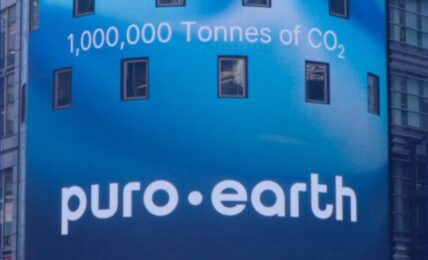Tokyo-based banking group Mitsubishi UFJ Financial Group (MUFG) announced the release of its new Sustainable Finance Framework, setting out eligible categories of environmental and social projects funded through the bank, financed through the issuance of Green, Social, and Sustainability bonds and loans.
The new framework follows the release by MUFG earlier this year of its Medium-term Business Plan (MTBP) for the next three year period, which established the bank’s efforts to drive social and environmental progress as one of its 3 key pillars. Alongside the MTBP, MUFG also announced that it was nearly tripling its 2030 sustainable finance goal to 100 trillion yen (USD$703 billion) from its prior 35 trillion yen target, including 50 trillion targeting environmental issues, based on an anticipated increase in demand. In its 2024 Climate Report, MUFG revealed that it had reached 28 trillion in towards its goal as of the end of 2023.
According to MUFG, the bank supports projects promoting a sustainable environment and society through the issuance of green, social, and sustainability bonds and loans, with proceeds lent to subsidiary MUFG Bank, and in turn allocated to financing sustainable projects.
The framework defines two “green” categories of eligible projects for funding, including green buildings – requiring classification such as Platinum or Gold LEED, or similar – and renewable energy, as well as six “social” categories, including access to essential healthcare services, access to essential education services, employment generation in reconstruction of areas affected by natural disasters in Japan, and affordable housing.
The framework also outlines sustainable finance exclusion criteria, which encompass fossil fuel-based assets, fossil fuel-based transportation and infrastructure, defense and security, palm oil, wood pulp, nuclear power generation, and coal-fired power generation, in addition to all mining and tobacco sectors.
In its statement announcing the release of the new Sustainable Finance Framework, MUFG said:
“MUFG aims to contribute to its sustainable business growth and enhance its corporate value in financing, as part of the Group’s target of helping to build a sustainable environment and society through the provision of financial services.”


